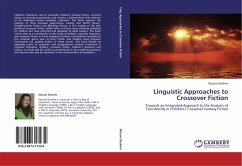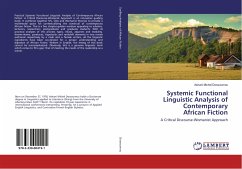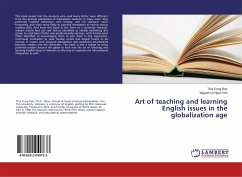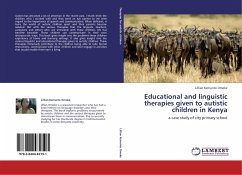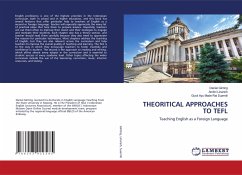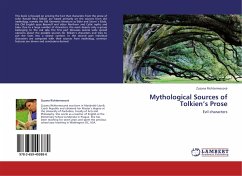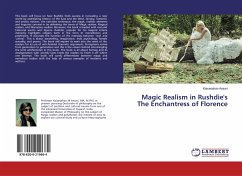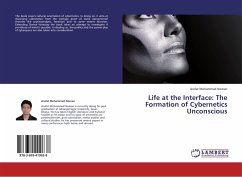Children s literature, and in particular children s fantasy fiction, currently enjoys an enormous popularity, and remains a phenomenon that deserves to be dedicated serious academic attention. This book explores the capacity of three linguistic approaches, namely, Text World Theory, Possible-worlds Theory, and Blending Theory, in the analysis of the text worlds of crossover fiction, which refers to those works primarily published for children but have attracted and appealed to adult readers. This book can be seen as a contribution to the study of stylistics, cognitive linguistics, and crossover fiction as it has analysed a number of prominent examples of the crossover genre such as Harry Potter and Twilight using linguistic frameworks not applied before to these stories. This book should be especially useful to academics and postgraduate students interested in cognitive linguistics, stylistics, crossover fiction, children s literature and fantasy. It would also be useful to professionals in the publishing business and anyone who may be interested in the characteristics of bestsellers.

